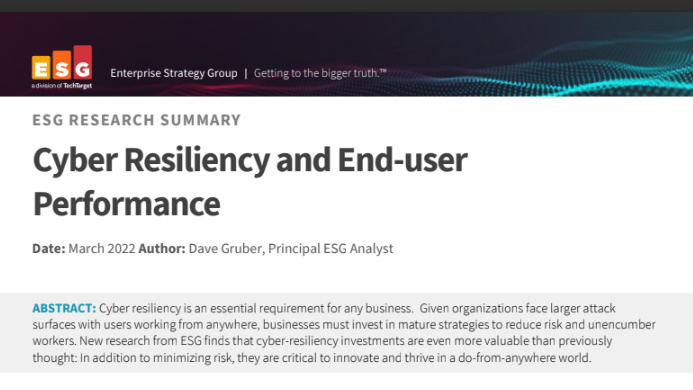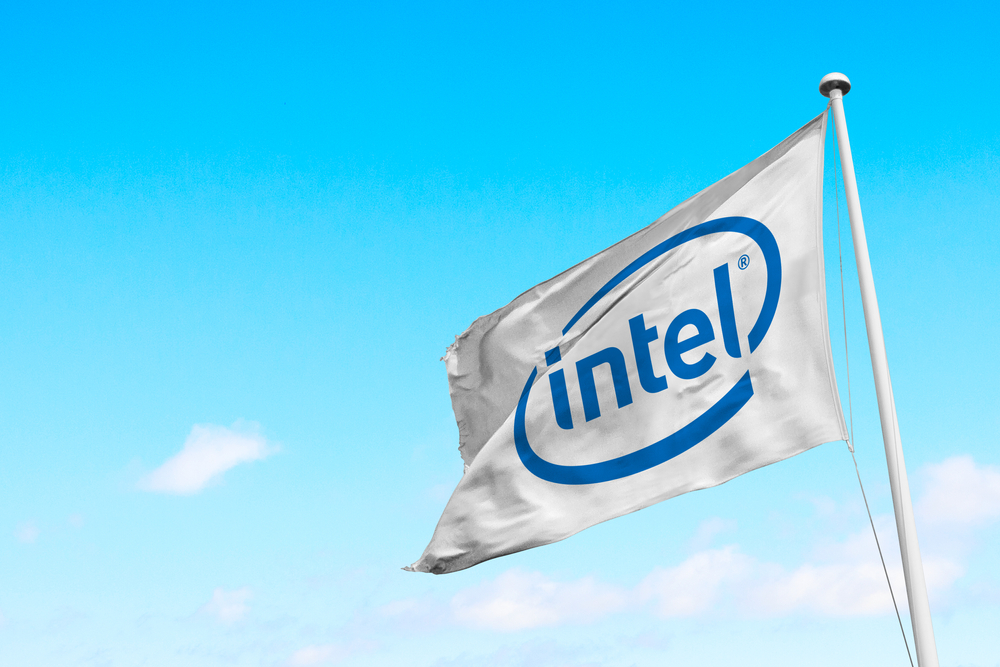Intel joins forces with DARPA to help build encryption ‘holy grail’
Microsoft will also help test the new technology in the cloud


Intel has announced it is working with the Defense Advanced Research Projects Agency (DARPA) to help develop the 'holy grail' of encryption.
Intel and DARPA, a research and development US government agency, will work together to develop an accelerator for fully homomorphic encryption (FHE).
FHE is essentially encryption that allows users to perform calculations on encrypted data without decrypting it first, reducing the risk of the information being stolen when in a vulnerable state.
Intel will perform in DARPA’s Data Protection in Virtual Environments (DPRIVE) programme which aims to develop FHE. The organisation will work alongside Microsoft who will lead the commercial adoption of the technology once it has been tested in its cloud offerings, including Microsoft Azure and the JEDI cloud, with the US government.
Rosario Cammarota, principal engineer at Intel Labs and the principal investigator as part of the DARPA DPRIVE programme said: “Fully homomorphic encryption remains the holy grail in the quest to keep data secure while in use.
“Despite strong advances in trusted execution environments and other confidential computing technologies to protect data while at rest and in transit, data is unencrypted during computation, opening the possibility of potential attacks at this stage. This frequently inhibits our ability to fully share and extract the maximum value out of data.”
RELATED RESOURCE

According to Intel, many businesses rely on a variety of data encryption methods to protect their information while it is in transit, in use and at rest. These techniques mean that data must be decrypted for processing and during this state it can be vulnerable for misuse.
Get the ITPro daily newsletter
Sign up today and you will receive a free copy of our Future Focus 2025 report - the leading guidance on AI, cybersecurity and other IT challenges as per 700+ senior executives
With FHE, it aims to allow users to compute on always-encrypted data, or cryptograms, which means the data doesn’t need to be decrypted and reduces the risk of potential threats. This will help organisations to use large datasets in techniques like machine learning while protecting the data.
Intel isn't the only company looking at this technology, as last year IBM released a toolkit to allow macOS and iOS developers to utilise FHE while building apps. FHE was first discovered over a decade ago by IBM researcher Craig Gentry.
Zach Marzouk is a former ITPro, CloudPro, and ChannelPro staff writer, covering topics like security, privacy, worker rights, and startups, primarily in the Asia Pacific and the US regions. Zach joined ITPro in 2017 where he was introduced to the world of B2B technology as a junior staff writer, before he returned to Argentina in 2018, working in communications and as a copywriter. In 2021, he made his way back to ITPro as a staff writer during the pandemic, before joining the world of freelance in 2022.
-
 Meta just revived plans to train AI models using European user data
Meta just revived plans to train AI models using European user dataNews Meta has confirmed plans to train AI models using European users’ public content and conversations with its Meta AI chatbot.
By Nicole Kobie
-
 AI is helping bad bots take over the internet
AI is helping bad bots take over the internetNews Automated bot traffic has surpassed human activity for the first time in a decade, according to Imperva
By Bobby Hellard
-
 PowerEdge - Cyber resilient infrastructure for a Zero Trust world
PowerEdge - Cyber resilient infrastructure for a Zero Trust worldWhitepaper Combat threats with an in-depth security stance focused on data security
By ITPro
-
 Redefining modern enterprise storage for mission-critical workloads
Redefining modern enterprise storage for mission-critical workloadsWhitepaper Evolving technology to meet the mission-critical needs of the most demanding IT environments
By ITPro
-
 The business value of storage solutions from Dell Technologies
The business value of storage solutions from Dell TechnologiesWhitepaper Streamline your IT infrastructure while meeting the demands of digital transformation
By ITPro
-
 Cyber resiliency and end-user performance
Cyber resiliency and end-user performanceWhitepaper Reduce risk and deliver greater business success with cyber-resilience capabilities
By ITPro
-
 Intel Alder Lake chips safe from novel exploits following source code leak, experts say
Intel Alder Lake chips safe from novel exploits following source code leak, experts sayNews The mystery surrounding how the code was leaked is a more interesting story, experts told IT Pro, despite others branding the incident "scary"
By Rory Bathgate
-
 Understanding the economics of in-cloud data protection
Understanding the economics of in-cloud data protectionWhitepaper Data protection solutions designed with cost optimisation in mind
By ITPro
-
 Intel expands its bug bounty program with Project Circuit Breaker
Intel expands its bug bounty program with Project Circuit BreakerNews The initiative aims to address vulnerabilities in Intel’s firmware, GPUs, hypervisors, and chipsets
By Praharsha Anand
-
 Intel CPU flaw could enable hackers to attack PCs, cars, and medical devices
Intel CPU flaw could enable hackers to attack PCs, cars, and medical devicesNews Vulnerability found in Pentium, Celeron, and Atom processors
By Rene Millman